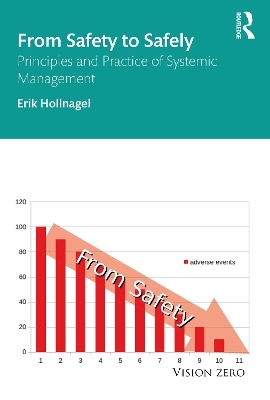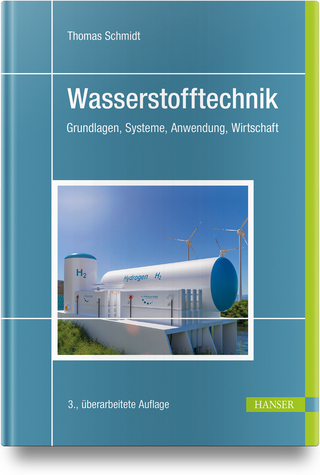
From Safety to Safely
Routledge (Verlag)
978-1-032-66470-5 (ISBN)
- Noch nicht erschienen
- Versandkostenfrei
- Auch auf Rechnung
- Artikel merken
The conventional interpretation of safety, known as Safety-I, denotes a condition where as little as possible goes wrong, and the focus of practical efforts in management or analysis is on the occurrence of unacceptable outcomes and on how to reduce their number to an acceptable level, ideally zero. The emphasis is therefore on how to manage safety as such, as seen in the ubiquitous safety management systems (SMS). As Professor James Reason astutely points out, this raises the interesting question of how it is possible to learn about something, let alone manage it, if it is studied only in situations in which it is absent? The solution proposed by and described in this book is to stop using safety as a noun, and instead use it as an adverb: safely.
Now often referred to as Safety-II, this solution is the logical consequence of resilience engineering and will require new methods, several of which already exist and have proved their worth in practice for years. The question ceases being what to manage and becomes how to manage. Managing safety is protective, hence a non-productive cost, which at best avoids a loss. Conversely, managing safely is productive and can generate revenue in addition to preventing or avoiding losses; aviation and mining are prime examples.
From Safety to Safely provides a practical perspective on managing safely, illustrating a practical form of synesis. It offers a new understanding of safety, combining concerns for productivity and safety rather than juxtaposing them, and shows how to manage complex industrial and social systems in the spirit of resilience engineering and synesis. It is the first book to completely dispense with the loaded term "safety" while offering a practical and viable alternative. Spoiler alert: This book does not mention or analyse any celebrated accidents.
This book is for all middle and senior managers, board members, and independent consultants seeking to ensure safe, revenue-generating operations.
Erik Hollnagel is Scientific Director at the Institute of Resilient Systems+, Seoul, South Korea; Visiting Professorial Fellow, Faculty of Medicine and Health Sciences at Macquarie University, Australia; Visiting Fellow of the Institute for Advanced Study at the Technische Universitat München, Germany; and Professor Emeritus at universities in Sweden, France, and Denmark. His work focuses on unified system change and management. Erik is the author of more than 500 publications including articles from recognised journals, conference papers, and reports as well as 28 books, and he is still struggling to make sense of the blooming, buzzing confusion.
Foreword by Sidney Dekker, Foreword by Andrew Sharman, Part I: The safety legacy, Part II: The complexity conundrum, Part III: The futility of accident investigation, Part IV: Systemic potentials management, Part V: Coda: connecting the dots
| Erscheint lt. Verlag | 31.12.2024 |
|---|---|
| Zusatzinfo | 16 Tables, black and white; 26 Line drawings, black and white; 4 Halftones, black and white; 30 Illustrations, black and white |
| Verlagsort | London |
| Sprache | englisch |
| Maße | 156 x 234 mm |
| Themenwelt | Naturwissenschaften ► Biologie ► Ökologie / Naturschutz |
| Technik ► Bauwesen | |
| Wirtschaft ► Betriebswirtschaft / Management ► Allgemeines / Lexika | |
| ISBN-10 | 1-032-66470-3 / 1032664703 |
| ISBN-13 | 978-1-032-66470-5 / 9781032664705 |
| Zustand | Neuware |
| Informationen gemäß Produktsicherheitsverordnung (GPSR) | |
| Haben Sie eine Frage zum Produkt? |
aus dem Bereich


